YOUNG, DYNAMIC, COSMOPOLITAN!
Bangkok, Izmir, Belgrade and Chengdu have been some of the venues for the World University Games (WUG) over the past 20 years. In comparison, Duisburg and Bochum seem almost tiny for the 2025 Games, which will be attended by around 8,500 athletes and officials from 150 countries. How will the cities and the region overcome these challenges or will the opportunities presented by the event ultimately outweigh them?
The World University Games is an international multi-sport event for student athletes that takes place every two years. This event, considered the second largest multi-sport event in the world after the Olympic Games, brings together thousands of young student athletes from different countries to compete against each other in a variety of disciplines. Basketball legends such as Larry Bird and Yao Ming have already taken part in the event in its long history.
“The Rhine-Ruhr 2025 FISU World University Games are by far the largest and most important sporting event in North Rhine-Westphalia this decade,” explains Britta Götz, Head of the Rhine-Ruhr 2025 FISU World University Games Coordination Office in the State Chancellery of North Rhine-Westphalia. An analysis of potential by the German University Sports Association (adh) showed that the Rhine-Ruhr region could be considered for hosting the games, with the cities of Bochum, Duisburg, Essen and Mülheim an der Ruhr offering the best conditions for a cost-effective and compact concept. “The aim is to show that not only individual cities, but also regions can be excellent hosts and organizers of outstanding sporting events,” said Götz, providing further insights into the plans for hosting the world’s largest sporting event of the year, which will be held from July 16 to 27, 2025.
In addition to good cooperation between the federal, state and local authorities, the state of NRW has set up an inter-ministerial working group on the occasion of the WUG to achieve these goals. In general, however, Götz talks less about the challenges and more about the opportunities that the orientation offers the state. For example, she sees great potential for her state as a location for study and education. Cultural events surrounding the Games and a three-day scientific conference with participants from over 50 countries are intended to promote Germany’s largest university region and also highlight the investment opportunities of the location with its potential for skilled workers.
With the help of scientific institutions, new knowledge is also to be created as a basis for product, service, process and social innovations. In addition to the study and education location, Götz also expects progress in the tourism sector. This includes the expansion of a digital sports infrastructure and the development of a sustainable mobility concept for the future with regard to bus and train lines.
However, the potential offered by the event is even more diverse. Götz cites the impetus that the country receives for sports development as a further opportunity. This includes spreading enthusiasm for sport to as many areas of society as possible, which can be achieved through volunteer work. After all, with around 12,000 volunteers, there are more volunteers working at the event than there are athletes taking part. These are made up of a wide variety of population groups. From young to old, from foreign to local.
With a population of just 170,000, Mülheim an der Ruhr is the smallest host city in 2025 and is currently preparing for the event in close cooperation with the organizer. Once a quarter, the various stakeholders from the city administration, Mülheim Sports Association, Badminton-Landesverband NRW e.V., Deutscher Badminton-Verband e.V. and Hochschule Ruhr West meet with the local organizing committee and those responsible at Rhine-Ruhr 2025 FISU GAMES gGmbH to discuss the current planning status. In smaller groups with different compositions, work is also carried out on topics such as the involvement of Mülheim schoolchildren or the concept of the cultural supporting program. There is also a monthly jour fixe between the Mülheim sports administration and Rhine-Ruhr 2025 FISU GAMES gGmbH.

Jonas Höhmann, Head of the Schools, Youth, Sport and Integration Department of the City of Mülheim an der Ruhr, sees the WUG as an opportunity for the city to present itself as cosmopolitan, hospitable and sporty. “Mülheim is a badminton stronghold. With the annual Yonex German Open, we have had a top-class badminton event in Mülheim for many years. Mülheim is also the German Badminton Center. Another top badminton event as part of the WUG is therefore a very good fit for our city.” Mülheim an der Ruhr would like to welcome the many athletes, coaches, support staff, officials and spectators from all over the world as a good host and offer a high-quality sporting event with a great atmosphere.
The Rhine-Ruhr region faces the challenge of hosting the biggest sporting event of the decade, while at the same time having to demonstrate its strengths and potential. Despite the size and diversity of the event, the organizing cities are prepared to present themselves as compact and hospitable hosts. Close cooperation between the federal, state and local authorities as well as a large number of volunteers from various population groups will not only promote sporting achievements, but also strengthen the educational location and improve the attractiveness for tourists. The 2025 Games offer a great opportunity to present the Rhine-Ruhr region as a cosmopolitan and dynamic region that stands for sport, education and innovation.
Written by Moritz Rohrer
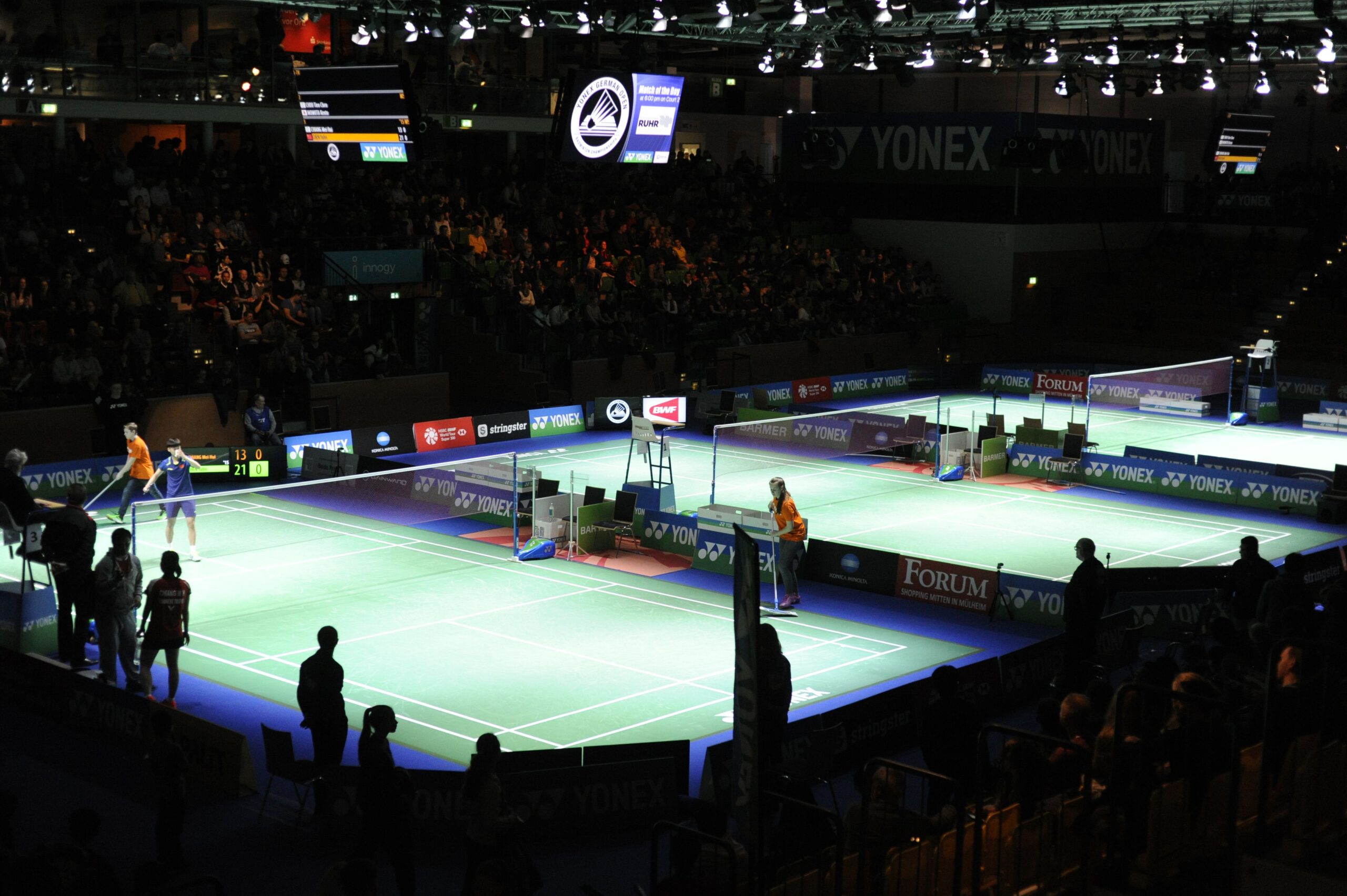
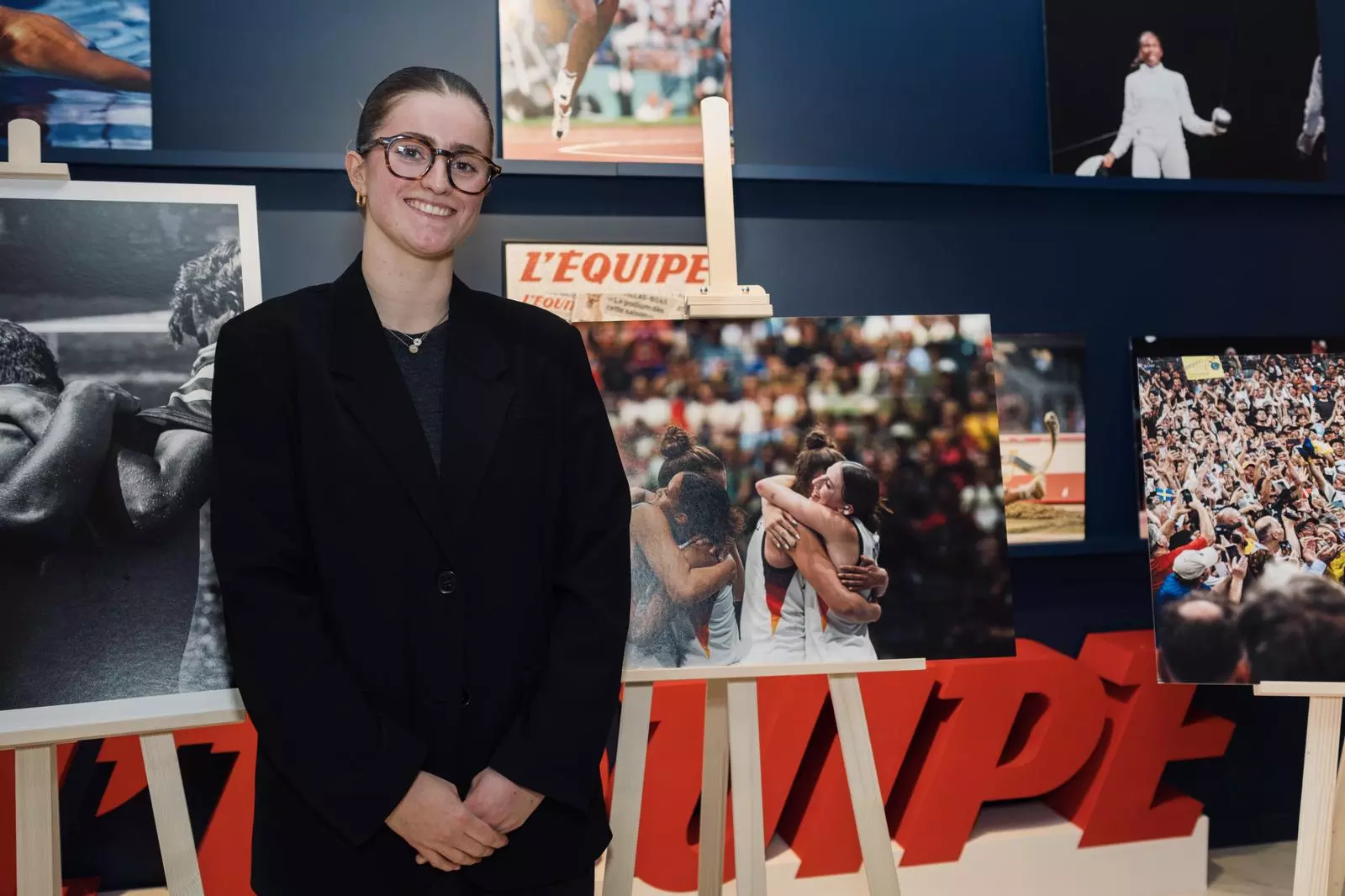
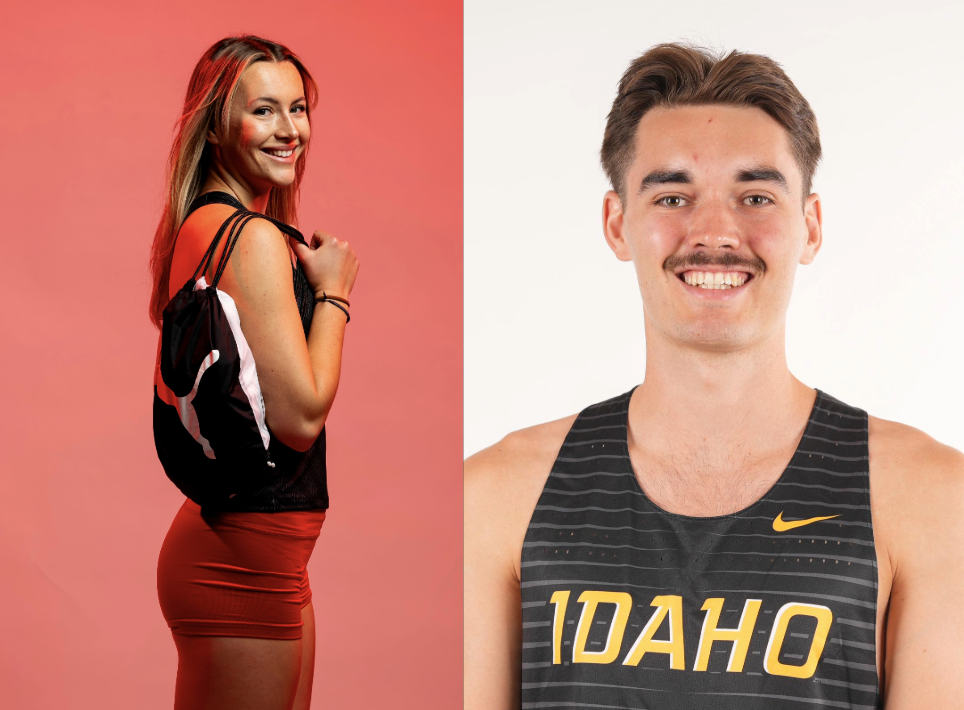
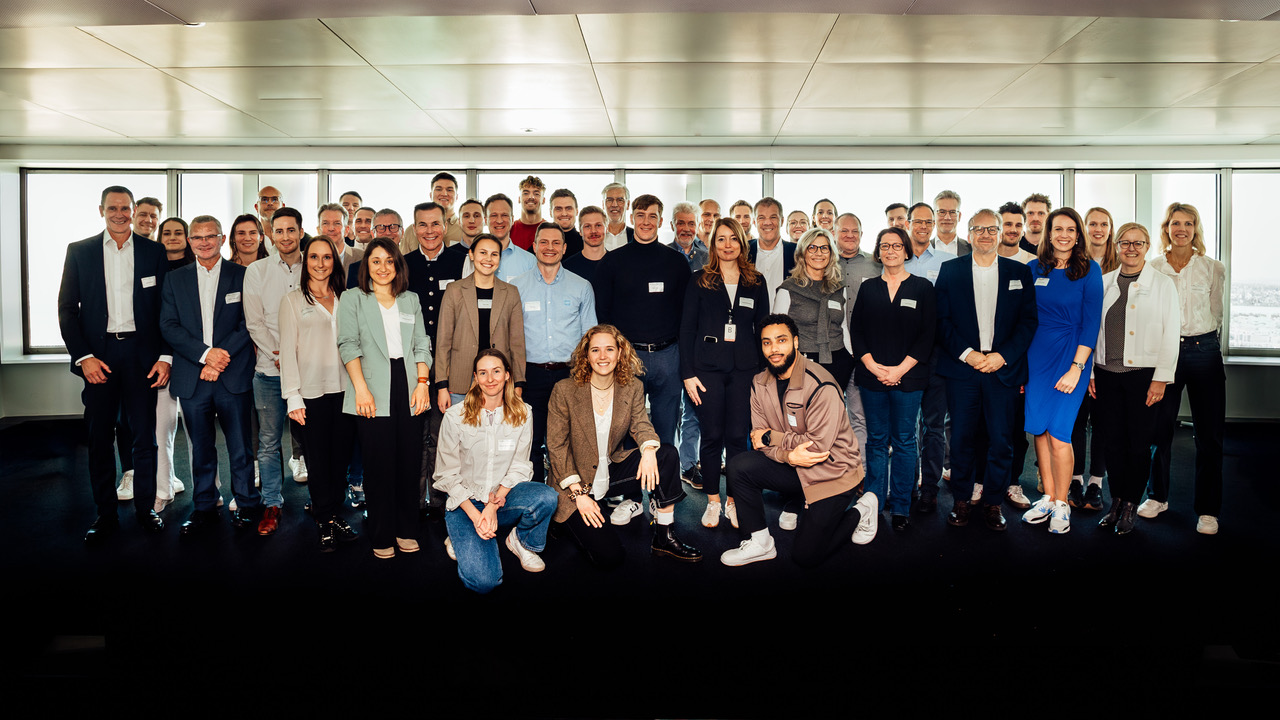
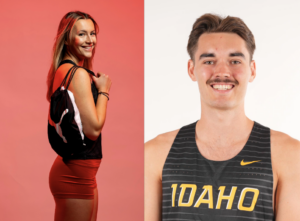
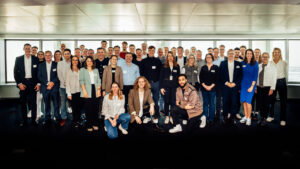

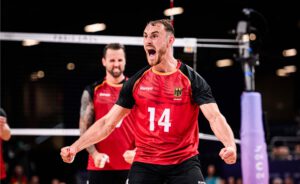

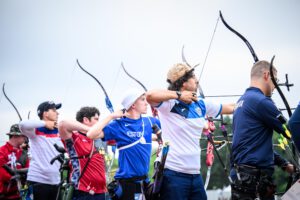
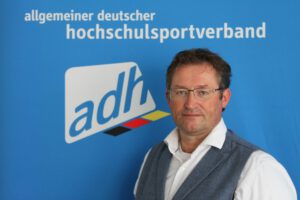
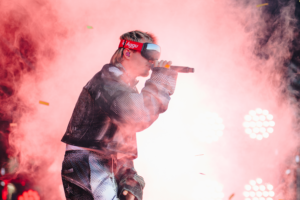
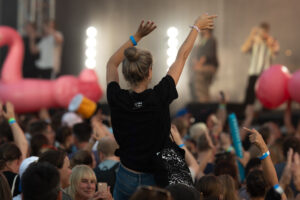
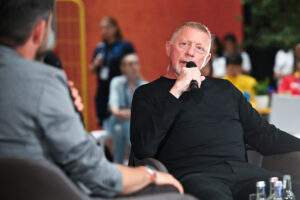
Post Comment